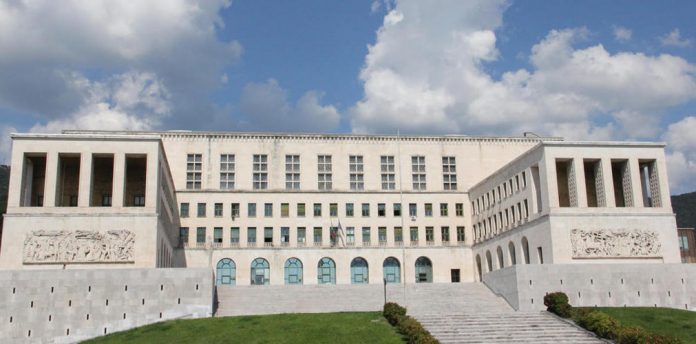by InTrieste
Fifty-seven universities and research institutions from across Italy convened this week at the University of Trieste to outline a bold vision for leveraging academic research to address pressing societal challenges. The meeting, part of the sixth annual Destination Public Engagement event, brought together 130 representatives to focus on strategies for promoting social and environmental justice, reducing inequalities, and fostering cultural and economic development.
APEnet, the association behind the initiative, reaffirmed its commitment to public engagement as a cornerstone of academic and scientific responsibility. Giulia Carluccio, President of APEnet and Deputy Rector at the University of Turin, called for a new era of collaboration between academia and communities. “Universities and research institutions must be engines of sustainable and inclusive development,” she said.
The event spotlighted innovative efforts, including those at the University of Trieste, where initiatives range from energy transition research to job inclusion programs at San Giovanni Park, a site emblematic of Italy’s mental health reform movement. Caterina Falbo, a university delegate, described partnerships with local cooperatives to create opportunities for vulnerable populations and highlighted the institution’s focus on green hydrogen development.
A recurring theme of the event was the importance of integrating public engagement activities into academic career advancement. Daniele Livon, director of Italy’s National Agency for the Evaluation of the University and Research System (ANVUR), underscored this point, emphasizing that public engagement is increasingly recognized as vital to academic and societal progress.
Key discussions also explored the role of cultural institutions, such as museums, in bridging the gap between science and society. Francesc Pla Castelltort from the Council of Europe highlighted the Faro Convention as a framework for fostering cultural democracy.
As Italy grapples with challenges of inequality and environmental sustainability, the conference concluded with a call for universities to take on a leadership role. Pier Andrea Serra, Vice President of APEnet, presented data from the association’s Barometer project, which tracks public engagement efforts across the nation, revealing significant progress but underscoring the need for greater investment and recognition.
By placing public good at the heart of their mission, Italian universities aim to redefine their role in society and create a blueprint for global academic engagement.





























